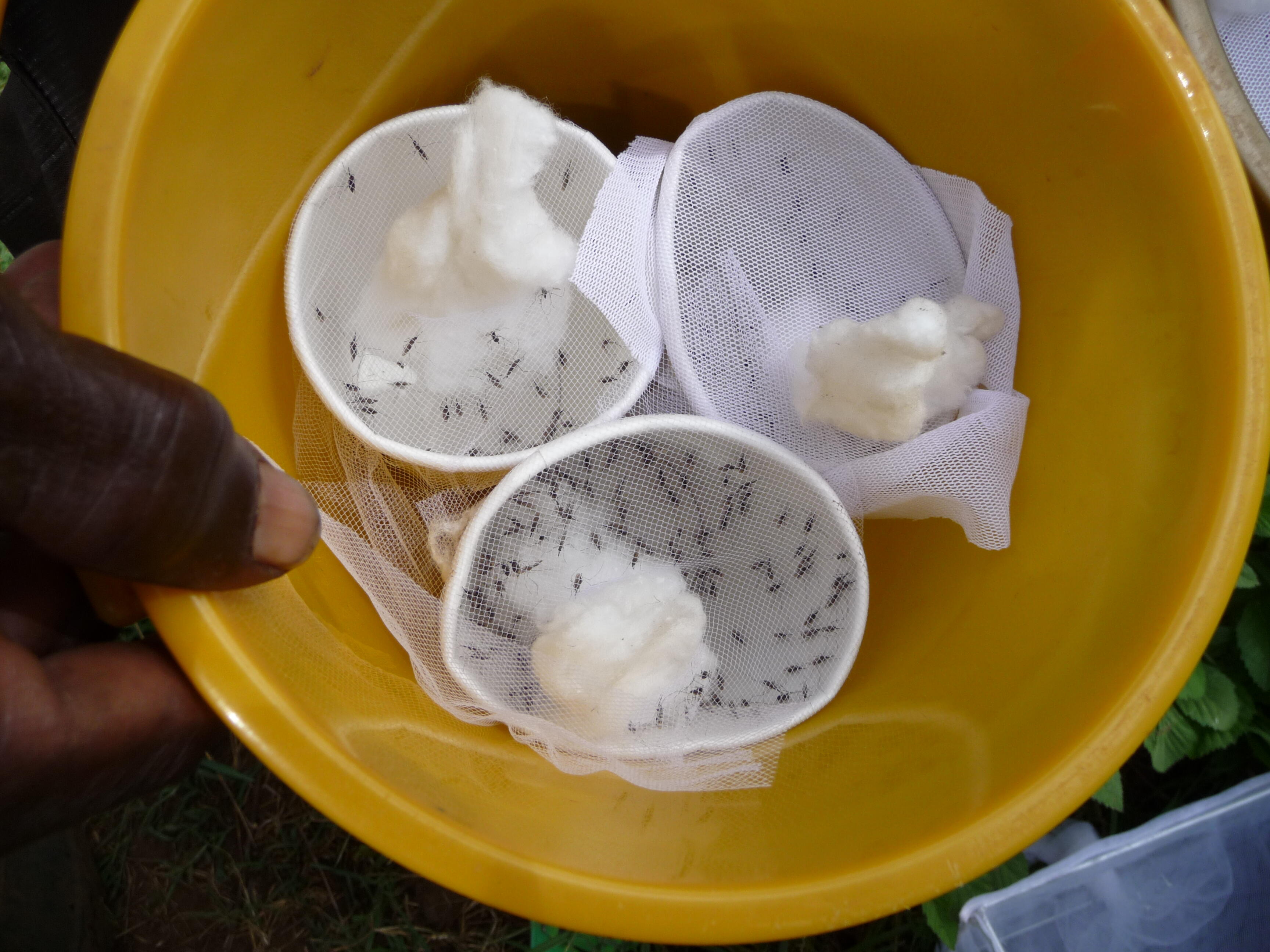
Researchers from LSTM and a number of prominent institutions in the UK and Africa have received £2.5 million in the form of a Wellcome Trust Collaborative Award, to look at how insecticide resistance is affecting the efficacy of bed nets in preventing malaria transmission in Africa.
The three year study is being coordinated by LSTM’s Professor Hilary Ranson, head of the Department of Vector Biology and is entitled: Improving the Efficacy of Malaria Prevention in Insecticide Resistant Africa (MIRA). It will see entomologists and economists from LSTM partnering with CNRFP in Burkina Faso, infectious disease modellers at Imperial College, epidemiologists from the University of Durham, ecologists from the University of Glasgow, social Scientists from the University of Oxford and engineers from the University of Warwick. The initial meeting of partners took place in Liverpool last week.
During the three years the partners will collect extensive field data on bednet usage, access to treatment, malaria risk factors, mosquito ecology, behaviour and resistance. These data will be used to update malaria transmission models to represent the reality in several high burden countries where, despite national distribution of bednets, malaria remains stubbornly persistent. In parallel, economists will collect data on the cost of potential malaria control interventions. The malaria model and cost data will then be used to identify cost effective and affordable packages of interventions to control malaria in Burkina Faso and other similar settings.
LSTM’s Dr Eve Worrall is one of the principal investigators on the project. She said: “I am really excited to be involved in such an extensive project which highlights the expertise that LSTM has in entomology and economics and brings together world class researchers from the UK and Burkina Faso. The issue of insecticide resistance has the potential to derail some of the excellent progress that vector control has made in the reduction of malaria deaths in Africa, which is why LSTM and our partners are determined to do all that we can to maximise the efficacy of bed nets and other interventions ensuring that malaria deaths continue to fall.”